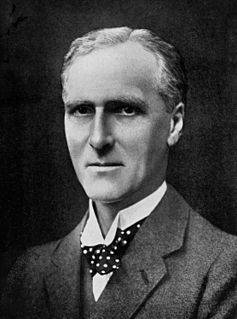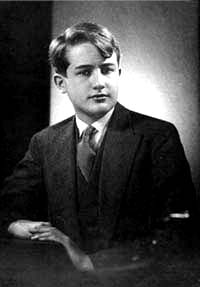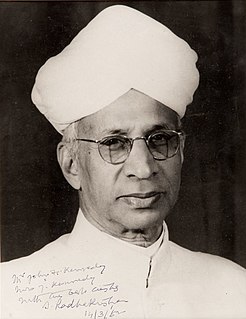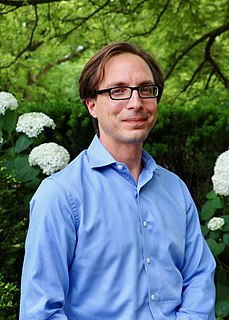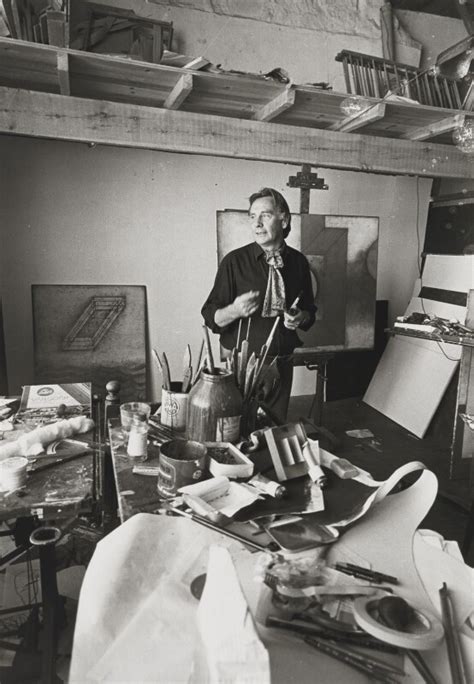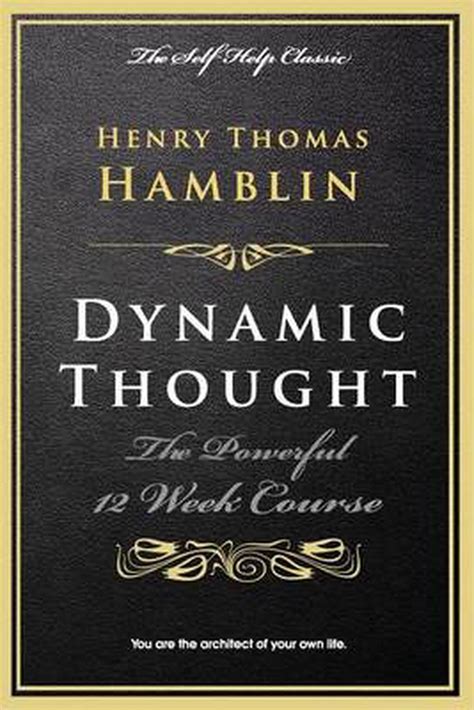A Quote by Arthur Keith
Tolerance is held to be a condition of mind which is encouraged by, and is necessary for, civilization.
Quote Topics
Related Quotes
No one can learn tolerance in a climate of irresponsibility, which does not produce democracy. The act of tolerating requires a climate in which limits may be established, in which there are principles to be respected. That is why tolerance is not coexistence with the intolerable. Under an authoritarian regime, in which authority is abused, or a permissive one, in which freedom is not limited, one can hardly learn tolerance. Tolerance requires respect, discipline, and ethics.
Freedom of expression is the well-spring of our civilization... The history of civilization is in considerable measure the displacement of error which once held sway as official truth by beliefs which in turn have yielded to other truths. Therefore the liberty of man to search for truth ought not to be fettered, no matter what orthodoxies he may challenge.
I am still amazed at the amount of Christian charity [Wellesley] stuck us all with, a kind of glazed politeness in the face of boredom and stupidity. Tolerance, in the worst sense of the word. How marvelous it would have been to go to a women's college that encouraged impoliteness, that rewarded aggression, that encouraged argument.
The condition of the United States positively announces the lack of substance, of unifying principle from the start: that consensus is a lie, and that the absence of consensus is a necessary condition for, not the dissolution of the political entity, and its reconstruction according to both viral and virtual principles, which, are, in practice, user-generated.
The first step in the direction of a world rule of law is the recognition that peace no longer is an unobtainable ideal but a necessary condition of continued human existence. But to take even this step we must return to a calm and responsible frame of mind in which we can face the long patient tasks ahead.
Most of all we need an education which will create an educated mind. This is a mind not simply a repository of information and skills, but a mind that is a source of creative skepticism, characterized by a willingness to challenge old assumptions and to be challenged, a spaciousness of outlook, and convictions that are deeply held, but which new facts and new experiences can always modify.
Supply does not come through prayer. It comes as a result of an attitude of faith, a condition of mind and heart, in which the Invisible is depended upon for all things necessary, instead of upon the visible and earthly. Prayer in the form of begging and beseeching God to kindly answer our requests is not capable of producing supply in itself.
